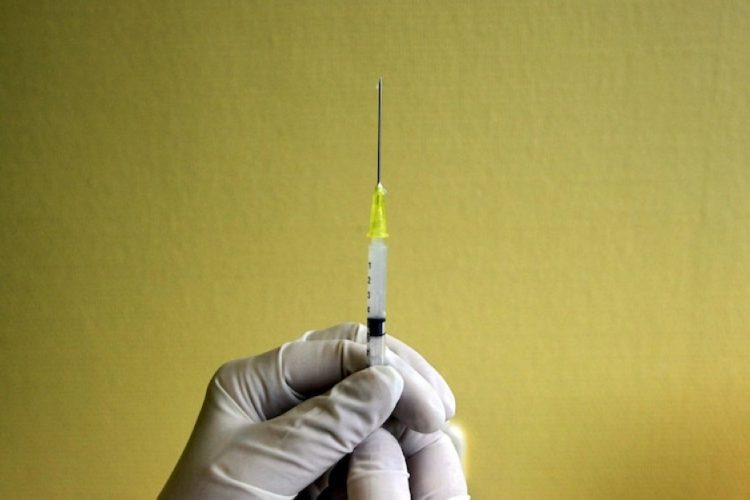PARIS — France started vaccinating ducks against bird flu today to try and stem the virus that killed millions of birds around the world, a move that prompted the United States to impose trade restrictions on French poultry imports.
France has been among the countries worst affected by an unprecedented global spread of highly pathogenic avian influenza, commonly called bird flu, that has disrupted supply of poultry meat and eggs and sent prices rocketing in many parts of the globe in the past years.
The ravages caused to its flocks and fear that the virus could mutate into one transmissible to humans prompted the government to launch the nationwide vaccination campaign, making it the first poultry exporting country to do so.
The first shots were given this morning to ducks on a farm in the Landes, a region in southwestern France, in the presence of French Agriculture Minister Marc Fesneau.
In total, some 64 million ducks will have to be vaccinated over a year for a total cost of €96 million (RM480 million), of which 85 per cent will be financed by the state, producers said.
“This vaccination plan … is a world first: its goal is to protect all farmed birds and should put an end to the preventive slaughter of animals, which no one wants to live with anymore,” duck and fois gras makers group CIFOG said in a statement.
More and more governments have been looking at vaccination as a way to contain the highly contagious bird flu. However, trade barriers such vaccination can prompt have made large poultry exporters reluctant to inoculate their birds.
The United States triggered restrictions on imports of French poultry beginning October 1, citing a risk of introducing the virus into the country.
Vaccinated birds may not show signs of infection, meaning it is impossible to determine whether the virus is in a flock, the US Department of Agriculture (USDA) said on Friday.






Discussion about this post